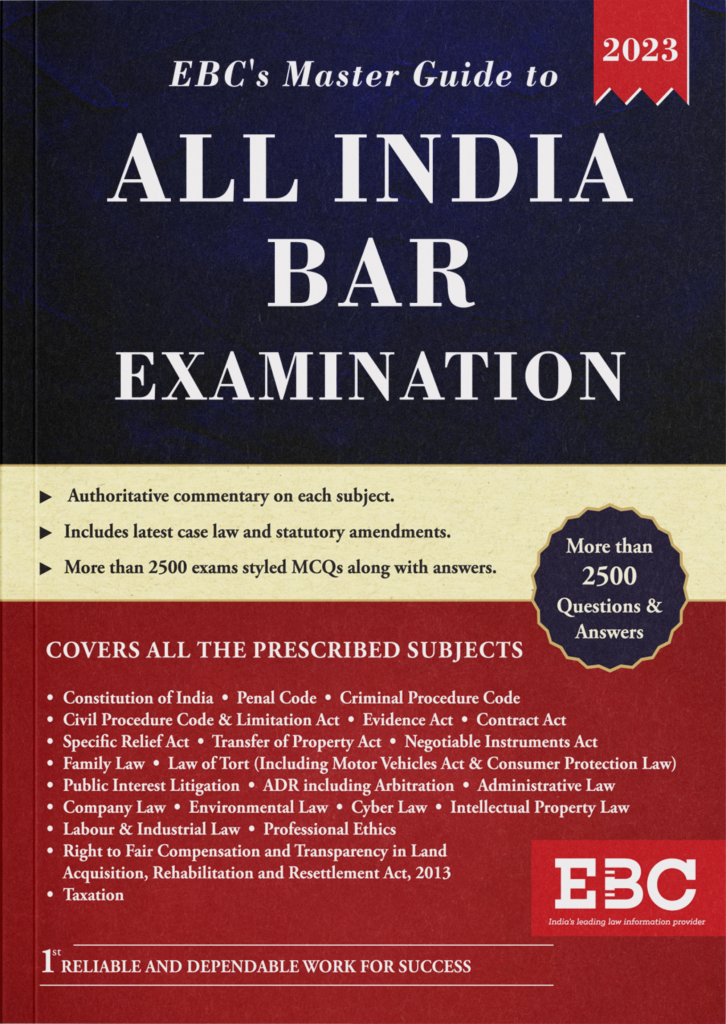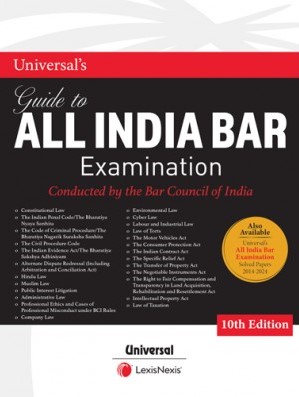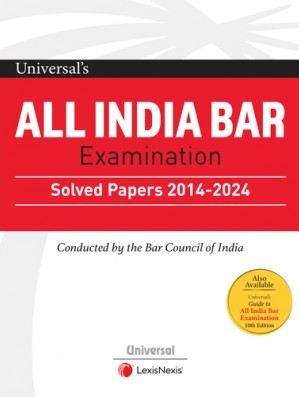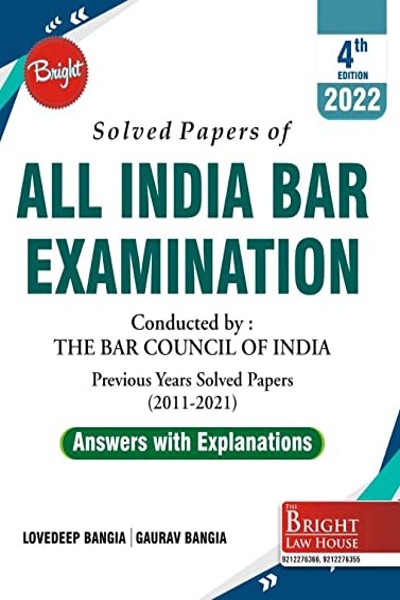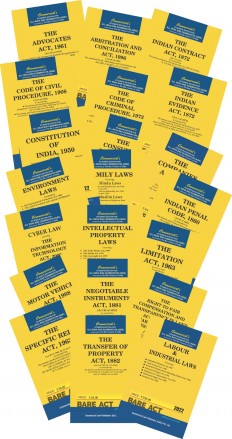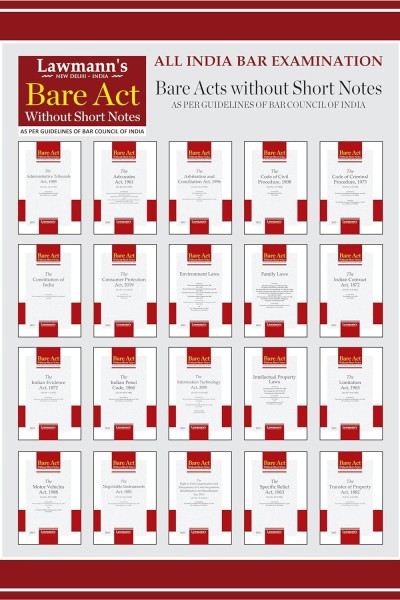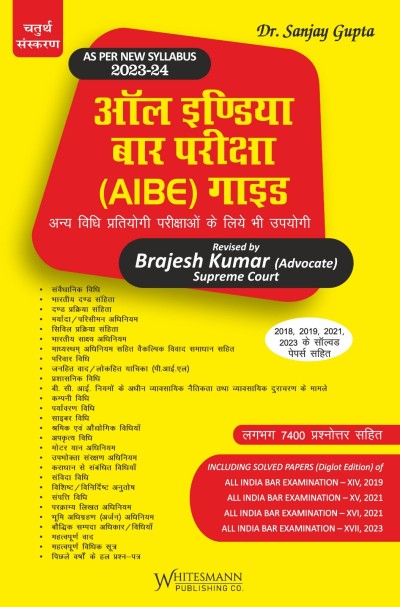In the digital age, eCommerce has become an integral part of our lives. While online shopping offers convenience and access to a global marketplace, it also exposes consumers to new forms of fraud. Let’s explore consumer protection laws that safeguard online shoppers and outline the legal remedies available when facing eCommerce fraud.
In general parlance, consumer protection means the protection of consumers from an assortment of unfair trade practices. The Court in Raghubir Singh v. Thakurain Sukhraj Kuar explained that the rationale behind such protection is to avoid consumers’ exploitation at the end of the business community and to hold back various business malpractices. Usually, commercial organizations are well organized, better informed and have a better dominating position in the market.
Understanding eCommerce Fraud
eCommerce fraud encompasses a wide range of deceptive practices, including fake websites and stores, counterfeit products, non-delivery of goods, unauthorized credit card charges, identity theft, and phishing scams. As these fraudulent activities evolve, so do the laws designed to protect consumers.
In India, the Consumer Protection Act 2019 and the Consumer Protection (E-Commerce) Rules, 2020 protect consumers from e-commerce fraud:

This act defines a consumer as anyone who buys goods through online or offline transactions, and it includes rules to prevent fraud and unfair trade practices.
Consumer Protection (E-Commerce) Rules, 2020
These rules protect consumer rights, including the right to information, transparent return policies, and protection from unfair trade practices. They also require e-commerce platforms to provide accurate product information, establish systems for resolving customer concerns, and prohibit deceptive business practices.
Steps to Protect Yourself
While legal remedies exist, prevention is always better than cure. Here are some steps to protect yourself from eCommerce fraud:
1. Shop on reputable websites
2. Use secure payment methods
3. Be wary of deals that seem too good to be true
4. Keep records of all online transactions
5. Regularly monitor your financial statements
6. Use strong, unique passwords for online accounts
7. Be cautious about sharing personal information online
Conclusion
Consumer protection laws provide a safety net for online shoppers, but navigating the legal landscape can be challenging. By understanding your rights and the available remedies, you can shop online with greater confidence. Remember, if you fall victim to eCommerce fraud, act quickly to report the incident and seek appropriate legal recourse.
Stay informed, stay vigilant, and happy (safe) shopping!









